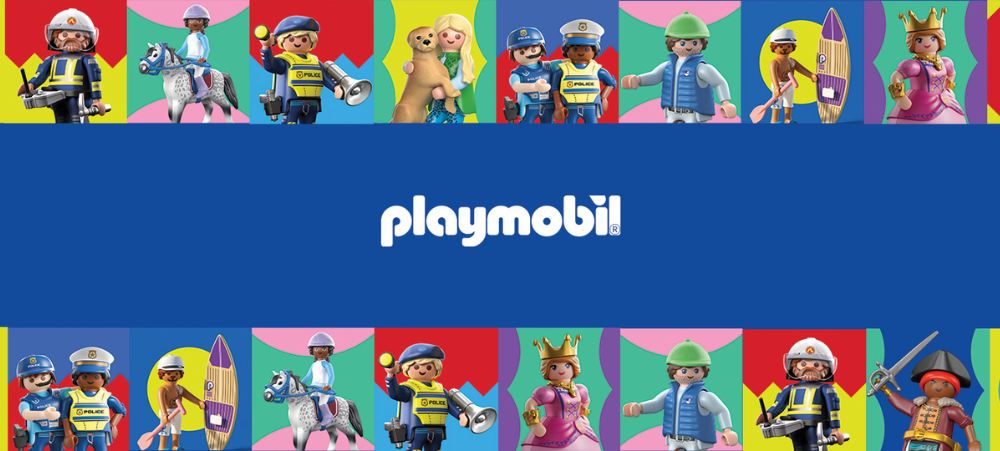Play is an essential part of childhood, and it plays a significant role in a child’s development. Research has shown that play helps children learn and develop a variety of skills, including problem-solving, creativity, communication, and social skills. Additionally, play helps children develop physical strength, coordination, and balance, which are all essential for healthy growth and development.
 Nurturing Play and Its Benefits
Nurturing Play and Its Benefits
Nurturing play is a type of play that focuses on building relationships, strengthening communication skills, and encouraging social interaction. It involves activities that encourage collaboration, cooperation, and empathy, such as group games and role-playing. Nurturing play helps children develop important social skills, such as sharing, taking turns, and resolving conflicts. It also helps children build confidence, self-esteem, and a sense of belonging.
Preparing Children for the Future
Play not only benefits children in the present, but it also prepares them for the future. As children grow and develop, they face increasingly complex challenges and situations that require critical thinking, problem-solving, and communication skills. By engaging in play, children develop these essential skills, which will help them navigate the challenges of adulthood.
Also, play helps children develop a love of learning and a sense of curiosity, which are essential for lifelong learning. By fostering a love of learning in childhood, we prepare children for a future where they will need to continuously learn and adapt to new situations and technologies.
Play is an essential part of childhood, and it plays a significant role in a child’s development. One example of nurturing play is My Garden Baby, toys designed to encourage imaginative play and social interaction. With My Garden Baby, children can use these toys to create their own stories and scenarios, encouraging creativity and imagination. They also promote social interaction, as children can play together and collaborate to create their own imaginative worlds.
Nurturing play, in particular, helps children develop important social skills, such as sharing, taking turns, and resolving conflicts, while also building confidence, self-esteem, and a sense of belonging. By engaging in play, children develop important cognitive and physical skills, as well as a love of learning and curiosity that will serve them well in the future. So, let’s encourage our children to play and explore the world around them, and let’s nurture their imaginations and creativity, as they prepare for the future.
We understand that there are many aspects that encompass a Mother, Father or Child and strive toward providing resources and services that accommodates this.
Our content is aimed to inform and educate families on issues starting from pregnancy through to the challenges of the teen-age years.
- Say Hello to the Ultimate Holiday Brunch Bite - December 17, 2025
- Tiny Toons Looniversity Returns: Meet the Voice Behind Plucky and Hamton! - December 12, 2025
- From Pain to Possibility: Panado®’s New Marketing Campaign, Highlights The Joy Of Pain Relief - December 10, 2025


 Nurturing Play and Its Benefits
Nurturing Play and Its Benefits


